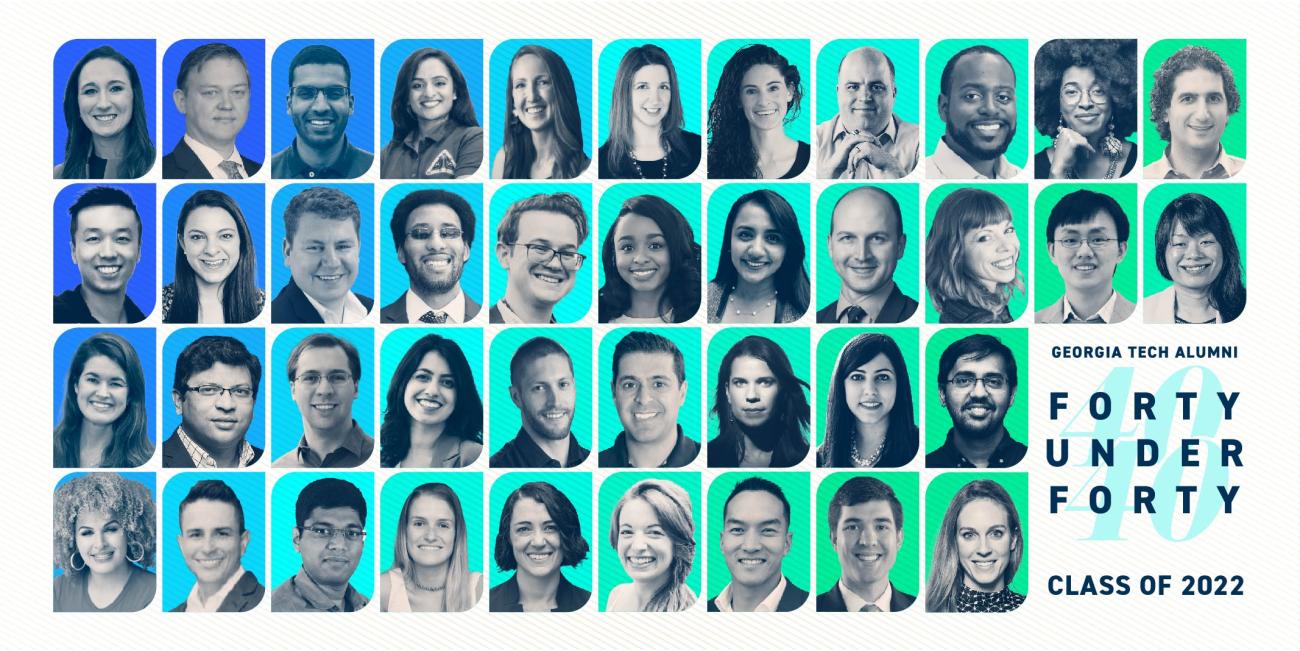Health entrepreneur Anu Parvatiyar is among the Georgia Tech alumni included in the 2022 class of 40 Under 40 released July 18.
Parvatiyar is co-founder and CEO of Ananya Health and a 2008 graduate of the Wallace H. Coulter Department of Biomedical Engineering. Her company is currently developing a more portable and affordable approach to freezing abnormal cells before they become cervical cancer, a procedure called cryoablation. Ananya Health’s platform is optimized for primary care clinics around the world.
The Georgia Tech Alumni Association’s 40 Under 40 annually showcases Tech graduates making an impact in industries worldwide and working to improve lives. The group is evaluated against a 25-point rubric by a committee of faculty, staff, and volunteers from all of Georgia Tech’s colleges.
“This has quickly become one of my favorite traditions,” said Alumni Association President Dene Sheheane. “The opportunity to recognize alumni who are taking strides to improve the world we live in is such an honor for our organization. I know we will learn from and be inspired by this dynamic group of young leaders.”
See previous Coulter BME 40 Under 40 honorees: 2020 | 2021
Latest BME News
Jo honored for his impact on science and mentorship
The department rises to the top in biomedical engineering programs for undergraduate education.
Commercialization program in Coulter BME announces project teams who will receive support to get their research to market.
Courses in the Wallace H. Coulter Department of Biomedical Engineering are being reformatted to incorporate AI and machine learning so students are prepared for a data-driven biotech sector.
Influenced by her mother's journey in engineering, Sriya Surapaneni hopes to inspire other young women in the field.
Coulter BME Professor Earns Tenure, Eyes Future of Innovation in Health and Medicine
The grant will fund the development of cutting-edge technology that could detect colorectal cancer through a simple breath test
The surgical support device landed Coulter BME its 4th consecutive win for the College of Engineering competition.









